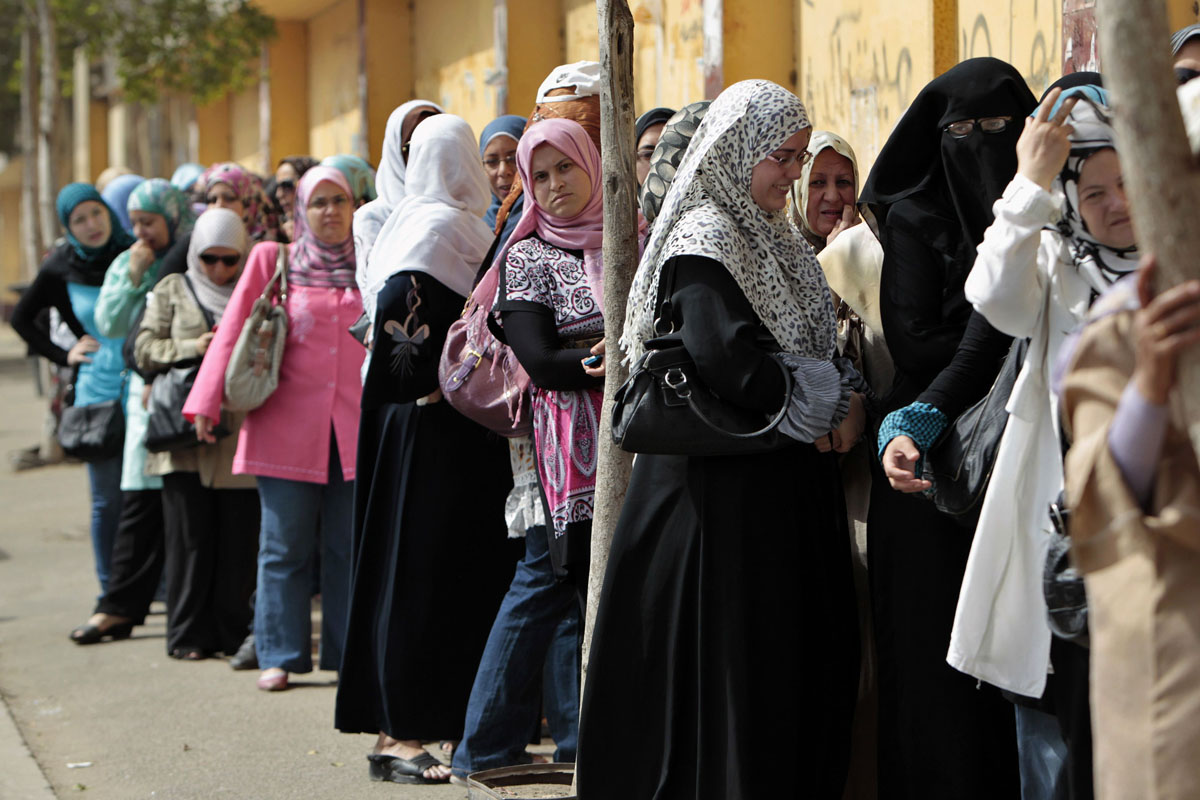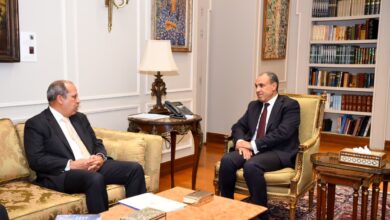
Initially, it should be noted that the title of this article is not my own: rather, it is the title of an article written by the late journalist Wadi’ al-Filastin (1923-2022), which was published in the newspaper ‘Al-Inzar’.
This newspaper was owned by Mr. Sadeq Salama and was published in the city of Minya in Upper Egypt between 1930 and 1955. In the article published on June 5, 1955, al-Filastin highlights some aspects of the diminishing status and position of women in Egyptian society.
For instance, this includes the preference for male offspring over female, the subjecting of girls to brutal circumcision, the deprivation of their inheritance rights, the restriction of their freedom to accept or reject marriage proposals, and other issues.
Meanwhile, society allows men to do virtually anything!
In the conclusion of his article, al-Filastin asks: ‘Until when will we tolerate these conditions that work so hard to psychologically and physically destroy women and deprive them of their right to life?”
I was reminded of this article as we approach the annual “16 Days of Activism against Gender-Based Violence” campaign.
This is one of the largest global campaigns and community initiatives, adopted by the United Nations and participated in by many countries around the world. It runs from November 25th to December 10th each year, culminating on the Universal Human Rights Day declared on December 10th, 1948.
Indeed, Egyptian women have made significant strides in recent years, achieving remarkable progress in education, employment, and participation in economic, political, social, and cultural spheres.
The establishment of institutions dedicated to women’s rights, such as the National Council for Childhood and Motherhood in 1988-1989 and the National Council for Women in 2000, have further empowered women.
Moreover, there has been a substantial increase in awareness regarding women’s roles and their position in society. Egyptian women now hold numerous positions of responsibility at various levels, including ministerial, local government, judiciary, State Council, and Public Prosecution.
Thus, the Egyptian state and its institutions are moving steadily towards empowering, developing, and uplifting women.
Despite the efforts exerted by governmental and non-governmental institutions to empower women and achieve their freedom and progress, the issue of women’s empowerment still requires sustained efforts and support from various social institutions, including the family, religious institutions, educational, cultural, artistic, media, and legislative institutions, as well as civil society organizations.
Egyptian women still face numerous challenges and issues, such as female genital mutilation, inheritance rights, harassment, discriminatory discourse, and hate speech, in both rural and urban areas, and across various socioeconomic levels.
Although these issues have received significant attention and explicit action from state institutions in recent years in terms of awareness-raising, education, and legislation, in my view, the greatest challenge lies in erroneous cultural beliefs and outdated social traditions held by some individuals.
These beliefs perpetuate the notion that men are superior to women, more intelligent, and wiser.
Women are often confined to domestic roles, expected to perform traditional tasks such as cleaning and cooking, reinforcing the stereotypical image of the man reading the newspaper while the woman works in the kitchen.
In reality, marriage is a partnership based on cooperation.
Moreover, there are deeply entrenched preconceived notions about women, such as their perceived inability to lead or manage, their lack of wisdom and discernment, and their tendency to prioritize emotions over reason.
Women are often stereotyped and confined to rigid roles, associating them with negative attributes like being overly sensual, materialistic, or even being blamed for all wrongdoing, as exemplified by the French saying “cherchez la femme” (Look for the woman).
In any case, the development and empowerment of women is the responsibility of society as a whole, of women and men alike. In my estimation, the statement by the great thinker and social reformer Qasim Amin (1863-1908),
‘Woman is a human being like man,’ remains a timeless, powerful expression of women’s issues and concerns. Qasim first articulated this idea in his groundbreaking book, ‘The Liberation of Women,’ published in Cairo in 1899. The book was met with fierce criticism upon its release due to its bold advocacy for gender equality.
Undeterred, Qasim followed up with ‘The New Woman’ in 1900.
The multiple editions of both books serve as a testament to the growing respect, appreciation, and belief in women’s freedom.
Author’s biography:
Dr. Rami Atta Siddiq is a renowned writer, researcher, and educator. With a focus on journalism, media, citizenship, and human rights, he has lectured at numerous universities and conducted extensive training programs. Recognized for his contributions to interfaith dialogue, he was a fellow at both the Abrahamic Initiative in Lebanon (2016) and the KAICIID International Center for Dialogue (2017).




